Moving to Thailand checklist: What you need to know before your move
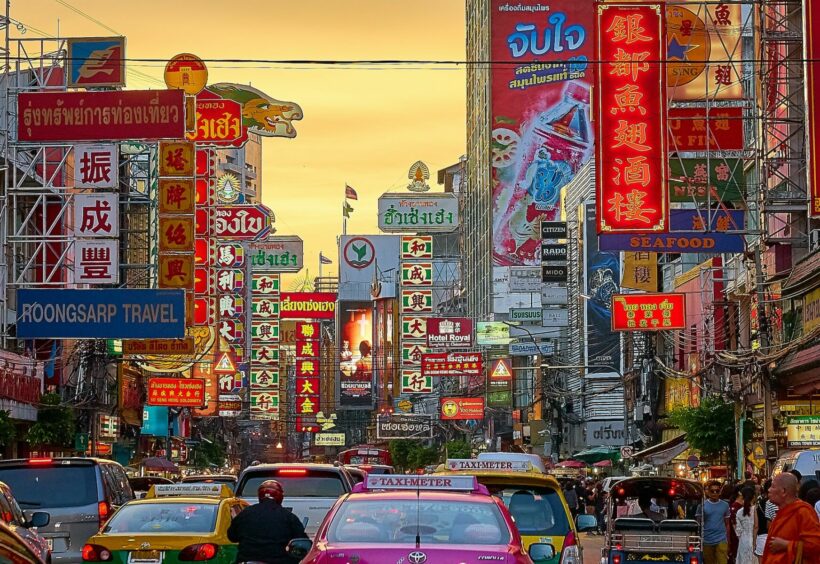
There are several reasons why Thailand is one of the most desirable locations for expats. Here, you can get affordable access to modern conveniences and year-round sunny weather. With its laid-back way of life, delectable cuisine, and vibrant culture, it’s certainly a remarkable place to call home. Plus, being close to nature is easy here, with everything from beautiful waterfalls and mountainous forest getaways to soft-sand beaches and the pure blue sea. With everything that it has to offer, moving to Thailand is going to be a colourful adventure. However, there are things you need to know for a smooth transition. As exciting as it may be, moving to a new country comes with a set of challenges. So, to help with your process of moving to Thailand, here’s a checklist of things to know!
Consider the cost of living in Thailand
The first thing on your moving to Thailand checklist is to find out how much life in Thailand costs. The cost of living in the Kingdom is generally lower than in most Western countries – from apartment rental and transportation to entertainment and medical costs. However, while it’s true that it costs relatively little to live comfortably in Thailand, you shouldn’t expect it to be dirt cheap.
Northern Thailand is more affordable than the south, but it’s far away from the coast. Compared to the rest of the country, Bangkok is relatively expensive. However, people earn more in the capital.

Do your research regarding the cost of living, then create a budget. Of course, you may find many different opinions when you search on the internet. After all, determining the cost of living depends on your lifestyle and how you plan to spend your money. List all the fundamental costs, such as rent, food, and transportation. Then, ask yourself questions like how much you’re able to pay for an apartment, how much you want to spend on food, and what kind of lifestyle you want to have in Thailand. You should also consider one time or annual costs when you’re establishing a budget before moving to Thailand, such as initial visa, joining fees, personal expenses, deposits, furniture, and other things to get you settled in the country.
Do your research about the best place to live in Thailand
You can choose to live anywhere you like in Thailand. However, the following destinations are particularly popular among expats:
Bangkok
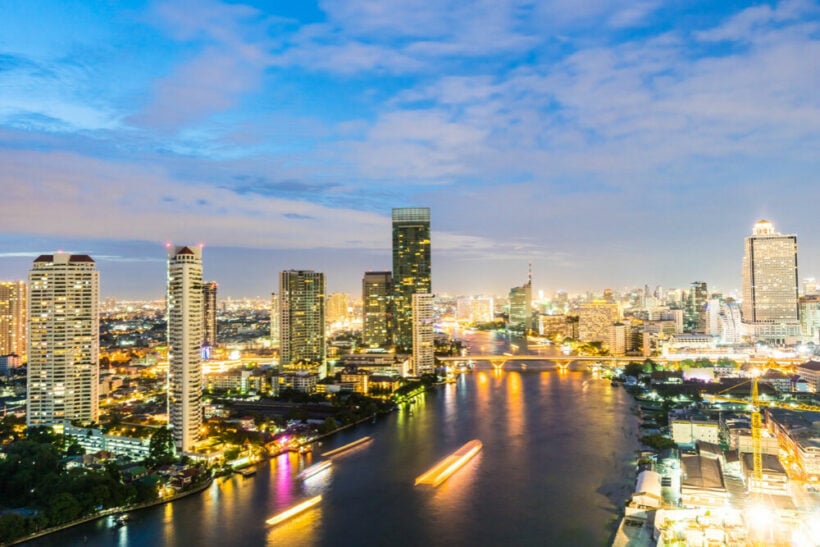
The capital city of Thailand, Bangkok, is a huge metropolis where modern skyscrapers and shopping malls sit side by side with traditional markets, parks, and temples. It has everything you could imagine, which is why it’s a magnet for foreigners seeking a place to live in Thailand. From Michelin starred restaurants and huge shopping malls to temples and night markets, Bangkok has it all. Besides, the public transportation here is very efficient, so you can get around the city pretty easily. Many people choose to live in the capital for business or professional reasons since it’s the centre of the country’s economy and an international hub for transport. However, lots of people also choose to live here because they enjoy the urban lifestyle.
If you want to live in the capital, check out our article on the trendiest neighbourhoods in Bangkok.
Phuket
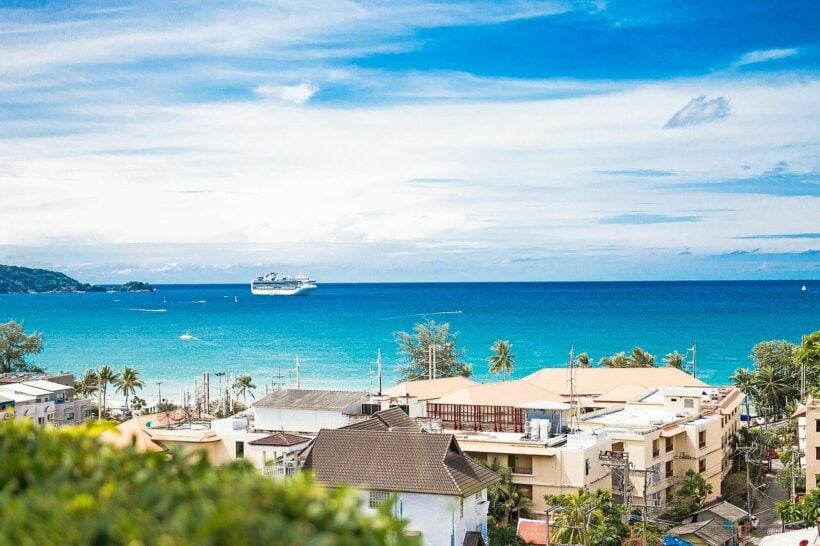
Phuket, the largest island in Thailand, is home to over 100,000 expats from around the world. It’s one of the best places to live for those who love the beach and want to experience the tropical beach lifestyle. Besides the beaches, you can enjoy the best of the modern world here. The island has plenty to offer, from fine dining restaurants and shopping malls to traditional markets and historic areas. In addition, the nightlife is lively, world-class golf courses are plenty, and you get lots of island hopping opportunities in your free time.
Read our article on the best areas to live in Phuket.
Chiang Mai
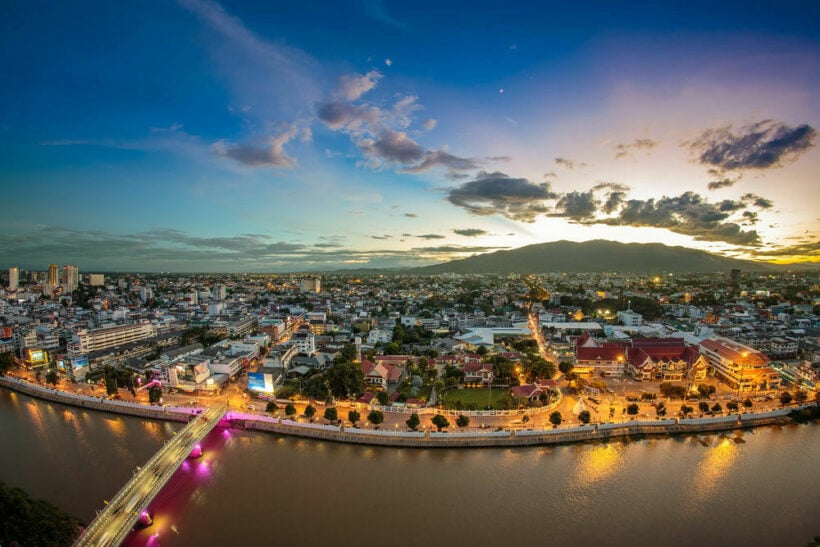
Chiang Mai is particularly popular among digital nomads. It used to be a quiet religious town, but today, it’s filled with coworking spaces and cafes, perfect for expats who work online. Situated in northern Thailand and surrounded by a mountainous area, life in Chiang Mai is more relaxed and slow-paced than in Bangkok. Due to its location, you have easy access to numerous outdoor adventures here, such as hiking the highest mountain in Thailand, white water rafting, or rock climbing.
Hua Hin
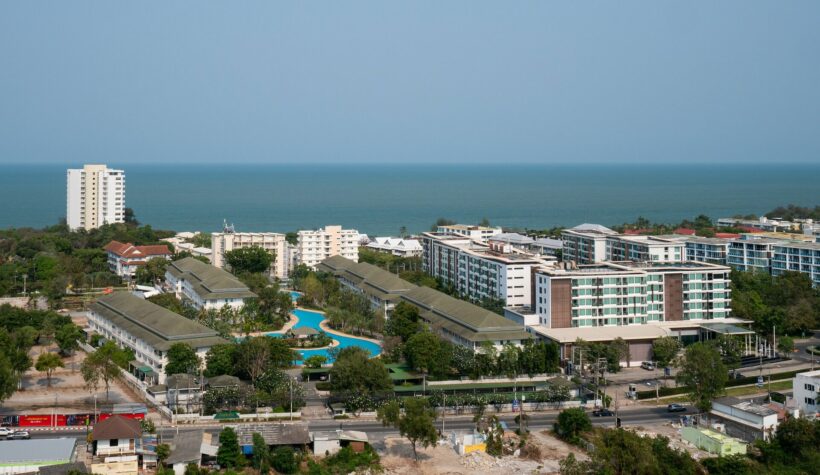
Hua Hin is another prominent expat destination in Thailand. Located around two and a half-hour drive from Bangkok, it’s a seaside haven where you can spend your life at ease. Apart from its beautiful sandy beaches, Hua Hin also boasts a wide range of water sport activities, a plethora of international standard hospitals, exquisite vacation homes, as well as inexpensive shopping and dining options. Many people consider Hua Hin as the more affordable option in Phuket.
Read our article on what you need to know before living in Hua Hin.
Obtain the correct visa and documents
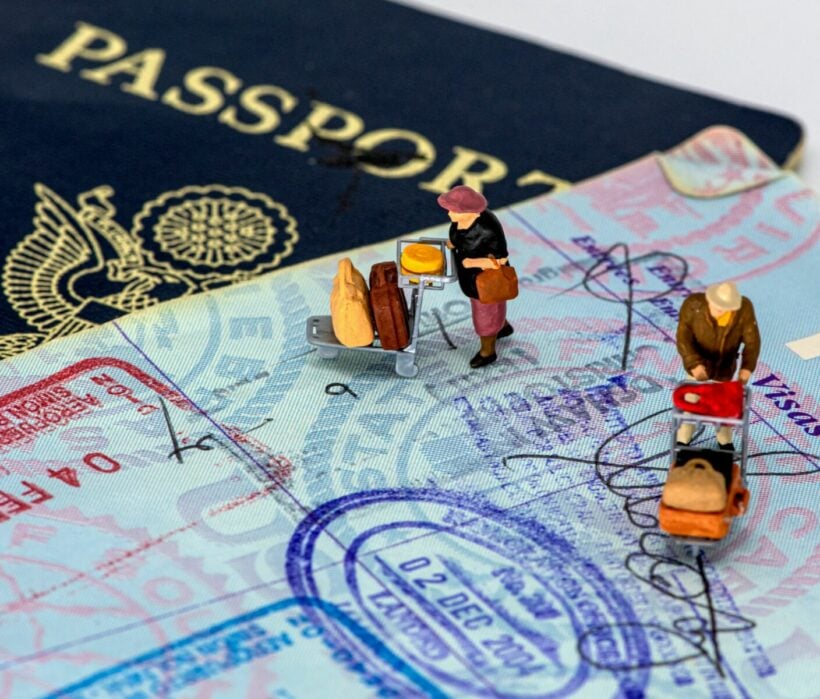
Having the correct visa and documents is very important before moving to Thailand. The visa is not only used as a permit to live in the country but also necessary to rent any apartment that has at least a year’s lease requirement on it. You may also need it to open a local bank account.
If you’re moving to Thailand for a job, your employer may help you obtain a Non-B visa. They will also help you with the necessary paperwork to obtain a Work Permit. For expats over 50 years of age, getting a Retirement Visa is the best option. The visa is valid for one year and can be used for multiple entries. Another option is the Education Visa, which is issued for people who want to study in Thailand.
Each visa option comes with its own requirements. The whole process can be long or short, depending on what you plan to do in Thailand. Therefore, make sure you apply for the visa well in advance.
Once you’re in Thailand, always be aware of your visa expiration date. Overstaying your visa can result in a hefty fine. You may even be banned from re-entering the country.
Apply for health insurance
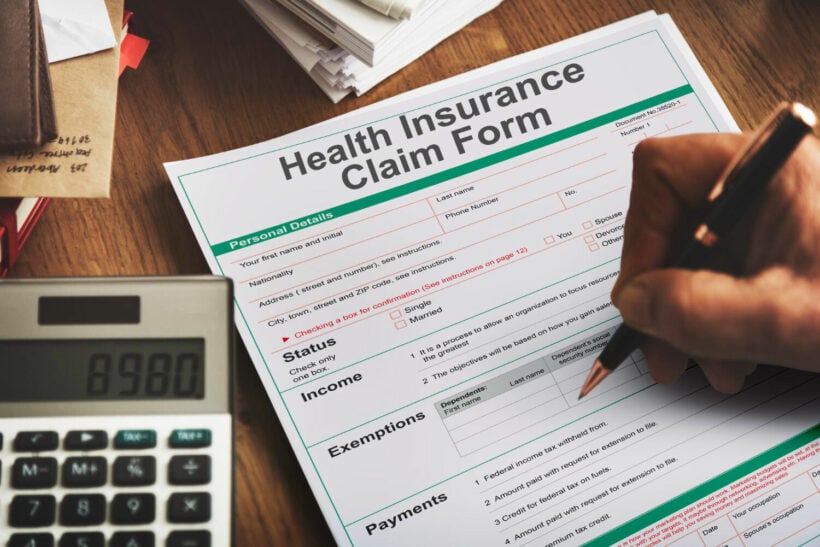
Like everywhere else in the world, good health insurance is essential in Thailand. Healthcare in Thailand might be cheaper than in your home country. However, it can still be costly, especially if you want to get medical care in private facilities. With health insurance, you can safeguard yourself against costly medical care.
Only bring the most essential things
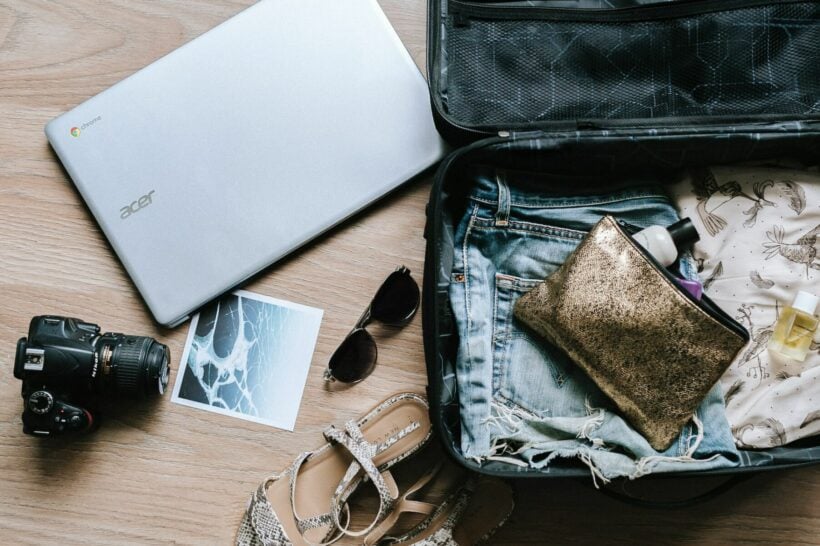
Be sure to carefully think about what to bring and what to leave at home before moving to Thailand. While it may seem like you need to bring everything you own, you don’t actually have to do that. It’s best to eliminate as much as possible from your suitcase and pack light because most of the time, you can buy everything you may possibly need during your stay in Thailand. Certain items, such as basic furniture and toiletries, are cheaper in Thailand. You can also get them easily. Therefore, before you depart from your homeland, just pack your bag with the most essential things. Some of the things you might want to pack include clothes, shoes, medication, and electronics.
Another thing you should pack is important documents. Thailand loves paperwork, and you’ll need them for many things. Some of the documents you need to bring include:
– Passport
– Birth certificate
– Driving license
– List of contact numbers
– Proof of income or payslips
– Marriage or divorce certificate
– Degree certificate and transcript
– Medical reports
– Tax, social security and national insurance numbers.
You might also need to have these documents verified by your embassy or translated into Thai. If you’re asked for a copy of these documents, make sure you sign, date, and write a sentence stating what the copy is for. Doing this will prevent dishonest people who get hold of these copies to use them.
Get vaccinated

The next thing on your moving to Thailand checklist should be vaccination. While we can’t always control our health, we can always take the necessary precautions. Before moving to Thailand, go to your nearest clinic and get the right vaccinations. The list of vaccinations recommended by most travel sites can be long. It may include vaccinations to prevent Thailand’s most common diseases, such as dengue fever, hepatitis A and B, diphtheria, cholera, and typhoid. However, the decision of which ones to get before you go is entirely up to you. You can consult with your doctor about which vaccine you need to get before your departure. If you haven’t already, get the Covid-19 vaccine as well.
Learn some basic Thai

When moving to Thailand, learning some basic words and phrases is worth trying. Ideally, you may want to start learning the Thai language at least 2 months in advance. Yes, learning the Thai language is a challenge for most foreigners. Also, most signage in the country, especially in Bangkok, will include an English translation. Still, having some basic knowledge of the language will go a long way in making your life in the country more comfortable. Knowing the local language can help you adapt to your new environment and culture. Besides, Thai people love it when a foreigner tries to speak their language, meaning you can connect with your new neighbours and colleagues more easily.
Join expatriate groups

When moving overseas, there are many things you need to sort out and a list of questions that you want to be answered. Also, it can be lonely to be in a new country all by yourself, without knowing anyone. Fortunately, there are numerous expatriate groups and forums in Thailand, and they do love to help. From yoga outings to book clubs, you can find like-minded expats who have gone through the same thing you’re experiencing and will be kind enough to share their knowledge. Even if you think you don’t need help, joining expatriate groups is a great way to find new friends.
Learn about Thai culture, etiquette, and rules

It’s common to experience culture shock when moving to a new country. One way you can cope with culture shock is by learning as much as you can about Thai culture, etiquette, and rules. Familiarity is comfortable, so diving into the country’s culture before you actually get there will help ease your fears of the unknown.
Forgetting to remove your shoes when entering a Thai home, temple, and some shops is a common faux pas that expats commit. While travellers or first-time visitors are often forgiven, you shouldn’t make it a habit if you’re living in the country. Also, it’s best to dress modestly without showing too much skin and avoid public displays of affection. Another thing to keep in mind is that monks, the royal family, and the elderly are highly respected in Thailand.
Entertainment in Thailand
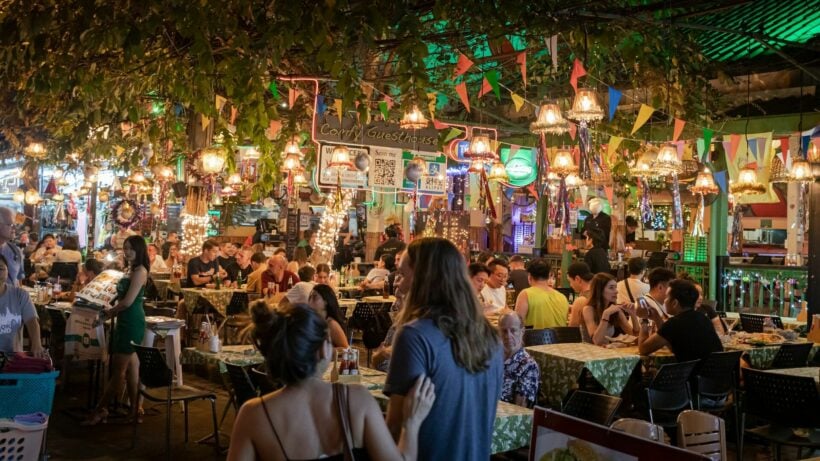
Thailand offers a wealth of entertainment options for both adults and children. Different cities will have different entertainment scenes, but in general, the country has many restaurants, nightclubs, and theatres. If you live in the south, you can enjoy the tropical beaches or do island hopping. In the north, you have easy access to Thailand’s beautiful jungles and mountains. A plethora of family-friendly activities is available as well. Kids can enjoy various theme parks with thrilling rides, zoos and animal parks, and many more.
Shopping in Thailand

Thailand, particularly Bangkok, is a shopper’s paradise. The country is dotted with modern malls and traditional markets selling top of the line products. Locally produced clothes are not only great but also affordable. You’ll find lots of awesome handicrafts, Thai silk, and electronics as well. Head to the night markets, and you’ll find good bargains on clothing, shoes, electronics, and a host of other goods. If you’re in a big city, you’ll also find many luxury-branded name shops and boutiques.
Moving to Thailand may come with tons of challenges, but it will be worth it. Hopefully, this guide can give you some idea of what you need to prepare before moving to the Land of Smiles. Good luck with your move!
Latest Thailand News
Follow The Thaiger on Google News:


























